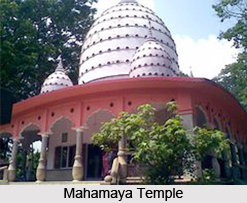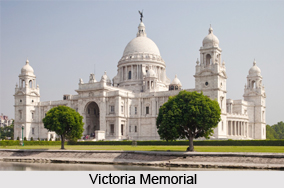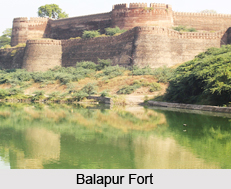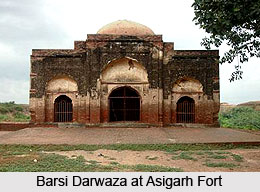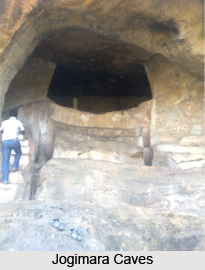William Fort, locally known as Chettuva Fort, is located in Chettuva of Thrissur District of Kerala. It was constructed by the Dutch East India Company in 1714 with the permission from Kingdom of Cochin. Later, the fort was occupied by Zamorin of Calicut and then by Tipu Sultan.
Tipu Sultan defeated Zamorin to seize the fort and he renamed it "Tipu Sultan Fort". The fort was captured and recaptured many times by British Empire, Dutch East India Company, Kingdom of Mysore, Zamorin of Calicut and Kingdom of Cochin etc. Lastly, it was captured by Tipu Sultan, who destroyed the fort partially. The fort is now in dilapidated condition, but conservation of it was started in the year 2010 by the State Archeological Department.
Visiting Information William Fort
Punkunnam Railway Station and Cochin International Airport are the nearest to visit the fort. National Highway 544 connects this district to other parts of the state.
This article is a stub. You can enrich by adding more information to it. Send your Write Up to content@indianetzone.com.
